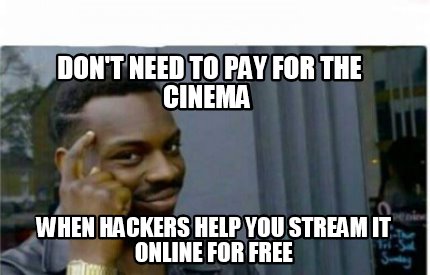Imagine the world without any culture, religion or separation. This idea is what we call cosmopolitanism.
“Cosmopolitanism can be defined as a global politics that, firstly, projects a sociality of common political engagement among all human beings across the globe, and, secondly, suggests that this sociality should be either ethically or organizationally privileged over other forms of sociality.” (Appiah K, 2006)
Cosmopolitanism can be seen as global citizenship, which hold several key features:
- As a choice and a way of thinking
- As self-awareness and awareness of others
- As the practice of cultural empathy
- As the cultivation of principled decision making
- As participation in the social and political life of one’s community
How cosmopolitanism gets stronger is not from being equal to each other, but rather than the connection we global citizens make. Some countries claim that they are already “cosmopolitanism”, but do not go deep within this philosophical belief to its full extent.
In the 21st century, we can feel a sense of cosmopolitanism through television and global crisis around the globe. When the financial crisis occurred in 2007-2008, it affected everyone around the world, making it feel like a global issue that we face as a community. Another example would be when television broadcasts would give a moment of silence or mourning section for the tragic incident of 9/11, the attack of the World Trade Center. This made people around the world feel like they are a “global public”.

Unfortunately, the counterpart of cosmopolitanism exists as well. War on information, the restriction of information and what citizens can access or not is the total opposite of what cosmopolitanism, the reality of what the world is today.
In China, the government has blocked most multiple international sites (i.e. Wikipedia, WhatsApp, Facebook) in their land, where people can only access sites based from China. This blocks Chinese citizens from seeing the world around them and know what is going on in this globe. They are separated from the “global community” that we humans are now living in.
There are 3 main reasons why China block these particular websites:
- Competitions
- With popular search engines like Yahoo, China’s own search engine website “Baidu” will not be as successful. International search engines do not need to pay taxes, but Chinese internet companies do, due to being made in their territory.
- Sensitive Contents
- Chinese citizens may discuss about politics and the government on certain websites, which can create a negative image to the country. Hence, China would block these websites to keep their reputation and not damaging it by their citizen’s discussion on public forums.
- National Security
- China does not want people to talk about the their country on international websites, because China will not have any control whatsoever to delete them or block them. In China, if what you say on their China based websites contain sensitive content or statements that could cause a crisis or revolution, it could lead to suspension of your internet server for 3 months with your post being removed as well.
The world should try to focus more on the ideology of cosmopolitanism as technology has brought us closer, we should be seen as a global community in this century and for the future generations.

References
- Appiah K, Cosmopolitanism: Ethics in a World of Strangers, W.W. Norton, New York, 2006, p. xiv.
- Anthony Appiah, Kwame (1997). “Cosmopolitan Patriots”. Critical Inquiry.
- “Two top economists agree 2009 worst financial crisis since great depression; risks increase if right steps are not taken”. Reuters. February 27, 2009. Archived from the original on February 12, 2010. Retrieved November 10, 2015.
- Tong, Z. (n.d.). 3 Main Reasons Why the Chinese Government Blocks Popular Social Websites. Retrieved from http://techxav.com/3-main-reasons-why-the-chinese-government-blocks-popular-social-websites/





